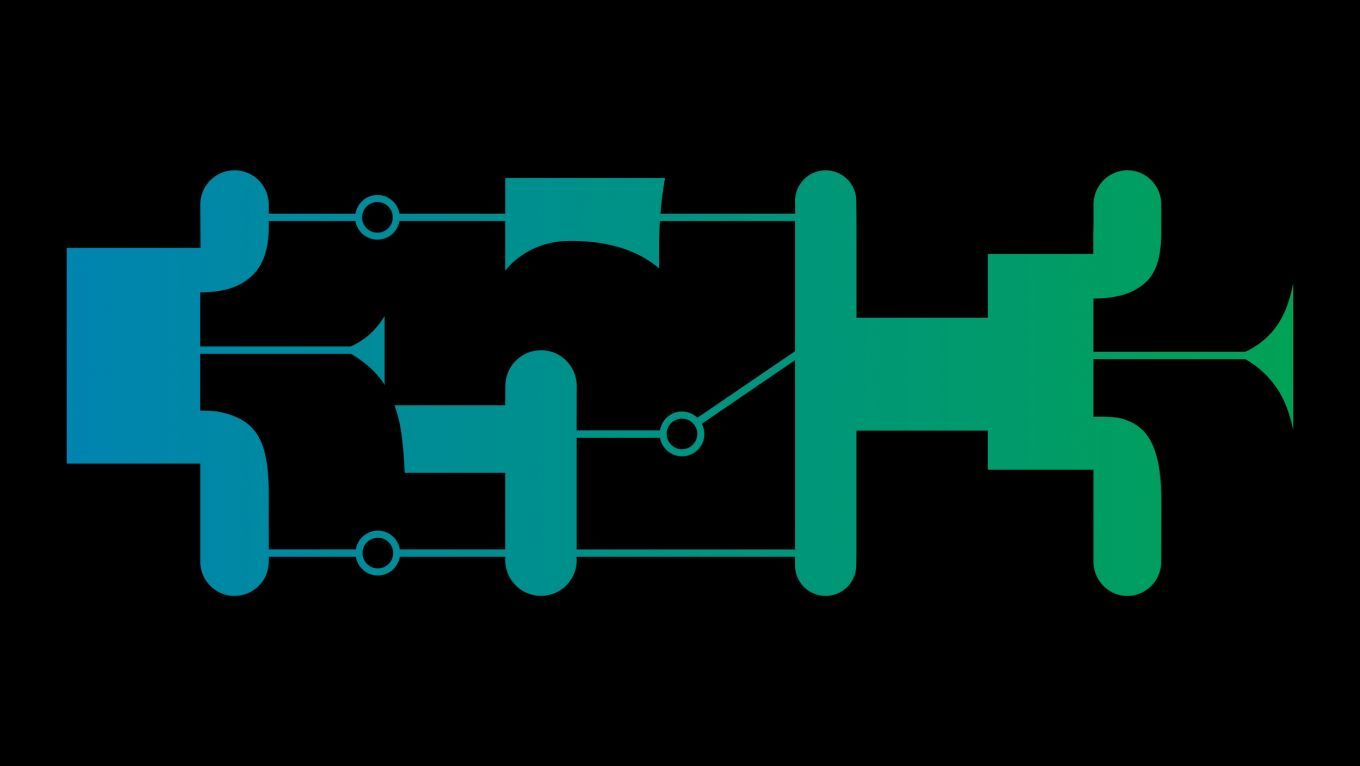Resilience
The foodsaving grassroots movement
How cooperative online structures can facilitate sustainable offline activism
December 29, 2018
10:50 PM – 11:30 PM Add to calendar
10:50 PM – 11:30 PM Add to calendar
Eliza
When you're fighting for a cause, you need tools that reflect your values. While venture capital-backed tools are seductive, especially at the beginning of your movement, they can be harmful in the long-term. This session shows how co-operatively owned, non-hierarchically built Free and Open Source Software (FOSS) provides a more sustainable, and equitable, solution.
Capitalist and consumerist structures have led to reduced incentives to make the most efficient use of food. Wastage is massive and the reasons are many: misshapen vegetables, damaged packaging, mislabeling, forecasting errors, unsold items, etc. These are all symptoms of the structure of our industrialised food production structures, food waste is inherent in these systems.
Many organisations have sprung up to try and access this food, using many approaches. France has tried to outlaw supermarket food waste, apps like Olio and Too Good To Go try and use the startup/funding approach, charities like FareShare in the UK receive massive government funding to redistribute to other charities. Startups and big charities replicate the hierarchical structures and bureaucratic processes of capitalist organisations. Whilst they can achieve much at times, we don't believe this is the sustainable resilient model - profit motives or government objectives dictate the approach to take.
In Germany foodsharing.de was created as a grassroots volunteer movement with origins in the dumpster diving scene. It has scaled up to co-ordinate the activities of 30k food savers to collect leftovers from supermarkets. This was achieved with almost no external funding. It faced its own organisational scaling issues and expanding beyond German speaking regions has not been possible. In response to this, and working together, we created Karrot to try and alleviate some of these issues. Unlike in foodsharing.de we develop the software independently from any specific group, this has allowed us to build common software to be used across 6 countries by independent groups. We empower local groups with access to high quality software but otherwise leave them to organise themselves.
We believe that for solving a problem you cannot use the very practices that produce it in the first place: Hierarchies lead to passive individuals who wait for their leader's decisions and don't dare to get active on their own accord. For-profit organisations need to make money and will always prioritize this goal. We are not just here to save food, but want to support and encourage self-help, self-responsibility, democracy, equality, equity and solidarity. This brings us inline with the wider co-operative and solidarity economics movement. To reject the capitalist structures that cause the problem in the first place.
However, it's not always easy...
Additional information
| Type | lecture |
|---|---|
| Language | English |
More sessions
| 12/27/18 |
Six years ago the idea behind CensoredPlanet started, that is now launched at censoredplanet.org. We had a simple (yet essential) guiding principle: measurements that may be politically sensitive should be done without volunteer participation. In this talk, besides a detailed scientific overview of the techniques and the current state of CensoredPlanet, I plan to talk about my experience in developing the project from the ground up. Despite the pervasive nature of Internet censorship and the ...
|
| 12/27/18 |
We rely on mainstream computer engineering every day, but it's insanely complex, poorly understood, unreliable, and, as CCC reminds us every year, chronically insecure. This talk will explain some ways that we can do better: taming parts of this this chaos with precise understanding - illustrated with disturbing facts and clean models for current architectures and the C language, from the <a href="https://www.cl.cam.ac.uk/~pes20/rems/">REMS</a> project, and principled but pragmatic new ...
|
| 12/27/18 |
In this talk @zelf invites to the world of Scuttlebutt, the decentralized P2P gossiping protocol, and how it can be transformative for society through decentralization of data and enabling local community development.
|
| 12/27/18 |
This Foundations talk explains the systems and protocols that make up the Internet, starting from a laptop with a Wi-Fi connection. No particular technical knowledge required.
|
| 12/28/18 |
A major part of software development is maintenance, i.e. tinkering with software that should already be completed but still somehow does not work as it should. Software developed by tinkering is the antithesis to resilient technology, and a growing threat to our profession and our lives. Working on this kind of software crushes the soul. Yet this is exactly how most IoT devices (and computers in general) are programmed these days. We need to replace the dead technology-oriented objects of the ...
|
| 12/28/18 |
Learn to see the world without your eyes. Wonder what it's like to navigate while blind? Want to learn to use your everyday senses in ways you don't know you don't know? In this talk, I hack <em>you</em> with permanently enhanced sensory perceptions. This is very participatory, not just "sit and listen", and workshops are even more hands-on (blindfolded w/ cane in hand). Workshop & volunteer signup: <a href="https://s.ai/ccc/ws">https://s.ai/ccc/ws</a> Tag plz: #BlindNavigation @saizai #35c3
|
| 12/28/18 |
The internet has become essential services, and offline methods of sharing data are rapidly disappearing. Other possible networks are often better suited when connectivity is not available or affordable. Radios, sensors, and computing are available in the cheapest of smartphones and routers. Wind is integrating nearby/offline data exchange with the internet services that we all rely on.
|

